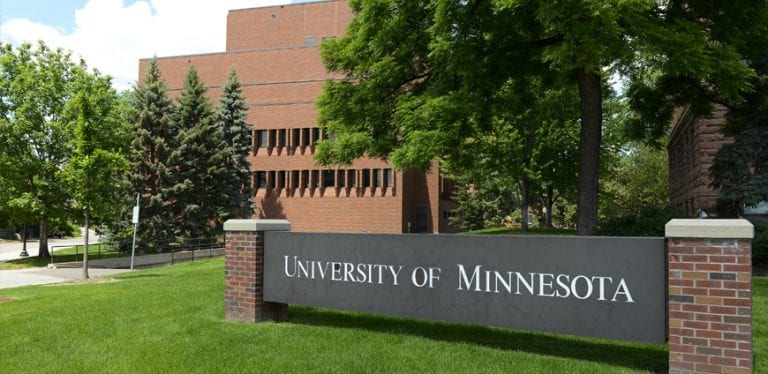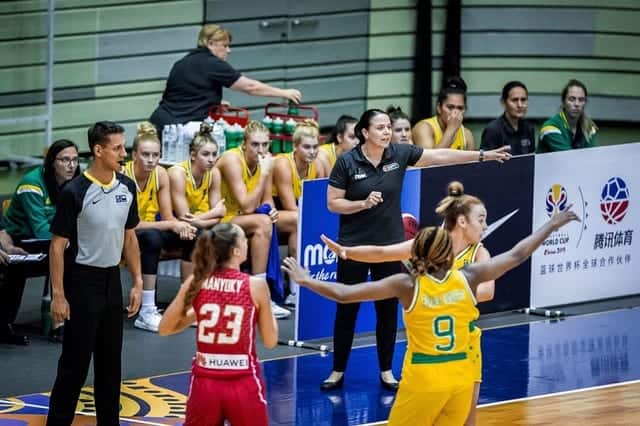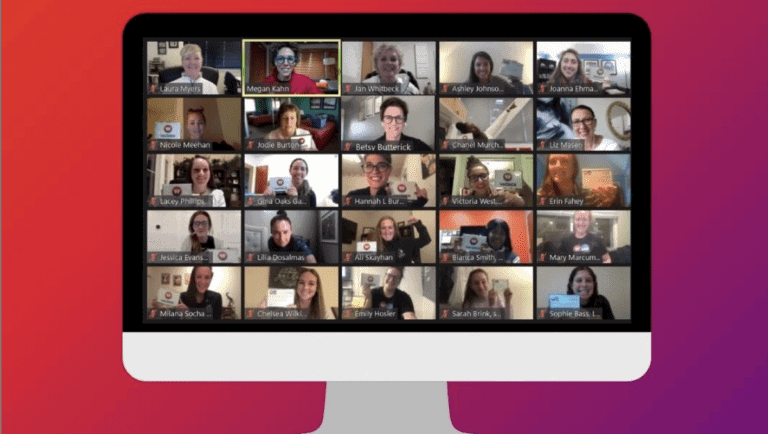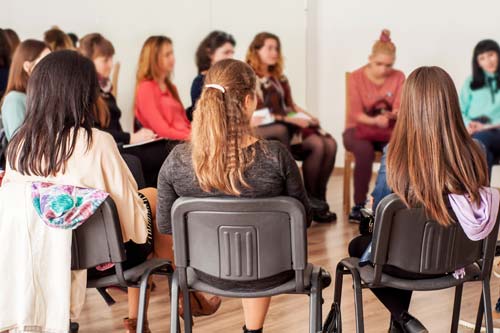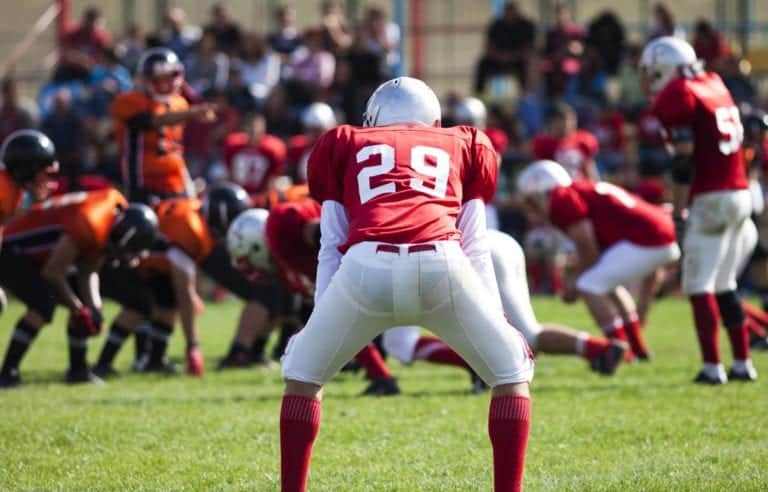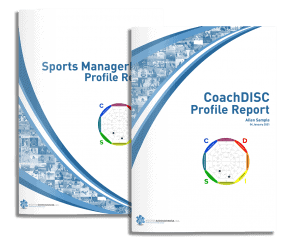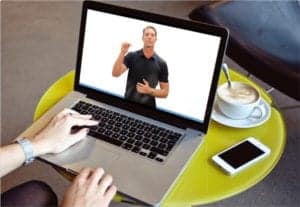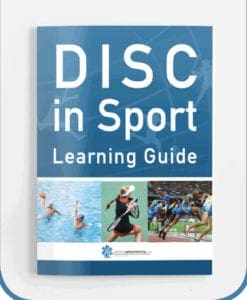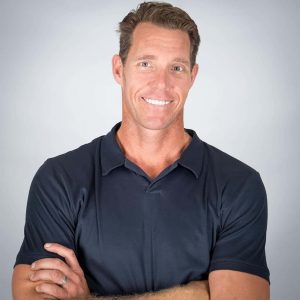How often have you heard a hockey coach say that they wished coaching hockey was all about hockey, or a football coach say they wished they only had to coach football? It is a very common discussion amongst coaches, that leading their team is dominated by issues detached from the actual sport. We sat down with Kinzee Salo, who not only coaches within one of the most successful college programs, but also teaches coaching at one of the top universities.
In a nutshell Kinzee sums it all up saying, “Sport is all about people management.”
We delved into Kinzee’s experience with the different areas of coaching to see how this profound and simple premise plays out.
When she is teaching at the University of Minnesota, in the Principles and Theory of Sports Coaching class, she says, “I think the biggest takeaway I want my students to learn, is that every single player, coach, parent, spectator they will meet is different, and relationships are key. Sport is an amazing vehicle to teach young people not only your sport, but life skills as well. Being able to effectively communicate and treat others the way they would want to be treated is a skill and takes a lot of hard work and dedication.”
Of how teaching is an organic and integral part of the coach development cycle, Kinzee says,
“I view teaching and lecturing as a form of coaching. To me, this is another way to influence and be a role model for young people who enjoy sport and who want to be coaches themselves in the future.”
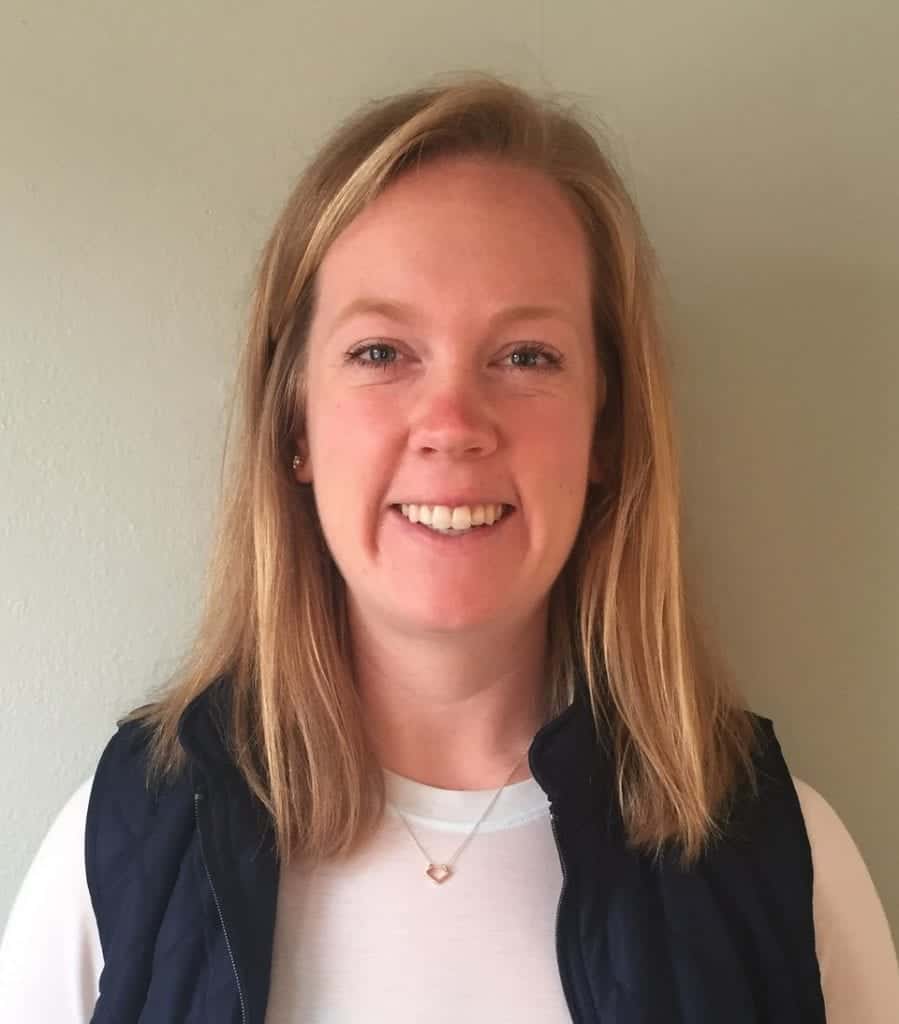
She says, “A lot of students who take my class are currently coaching, so this gives them an opportunity to discuss real life problems or scenarios they’ve seen.”
“There are a lot of not-so-good coaches in this world. I’ve learned this through stories and my own experience. And I think there is this preconceived notion that coaching is just x’s and o’s. But what a lot of people don’t know, is that it is A LOT more than that. So, what gets me excited about my role with coach development is that I get to help young people develop into great coaches who get the bigger picture.”
To help her students understand the ‘people side’ of coaching, Kinzee uses Athlete Assessments’ CoachDISC Profile as part of her syllabus. This means students complete a 12-minute online survey to generate their unique CoachDISC Profile report. Each profile provides students with a fundamental awareness of their own natural coaching style, an insight into their strengths and limitations and knowledge of their areas for improvement. Profiles also detail the pace each individual prefers to tackle tasks, the way they build relationships, communicate, deal with challenges and information about environments they naturally thrive in. Importantly, each profile delivers an insight into what the individual is likely to do under stress, giving them time to develop strategies which counteract these tendencies.
Kinzee explains why using Athlete Assessments’ DISC Profiles and learning how to apply them is beneficial in her classroom. She says, “It helps my students grasp the different styles of individuals they will probably come in to contact with. And while everyone is not one specific style, it helps them understand or start to think about relationships they have in their own lives and why they get along better with some people over others. It is so cool to see how students implement DISC in our classroom discussion and point out specific behaviors they see in others that relate to how they need to communicate with that individual.”
As an integral part of Academic Program, Liz Masen, CEO of Athlete Assessments, does a guest lecture, debriefing the application of the profiles that students have just received. Kinzee says, “Having Liz come in to talk to my class was amazing. It was so nice to have a day with her to walk the class through DISC and thoroughly explain it, it was just so important. The activities she does in class help students grasp a thorough understanding of DISC and allows them to apply it to any aspect of coaching. My students loved having her join us and having her come towards the beginning of the semester helps set up the framework for the rest of the semester as we continue to enhance their level of understanding of DISC. Many of them talked about DISC in their final projects and how they are going to apply it to their coaching, so our work with Athlete Assessments is crucial for our course.”
“Teaching and lecturing helps me continue to enhance my skills with managing people and being able to better understand the variety of individuals I will come in to contact with during my coaching career. It is also another opportunity to continue to learn about coaching myself as the conversations and group discussions we have in class are always beneficial to me. To me, teaching is coaching and being able to continue to grow as a teacher and coach at the same time is something I am grateful for.”
“Coaching involves a lot of people management. Every day brings something new and as a coach you are trying to help young people not only develop as a player, but as a person. Each player has different needs and being able to understand what that player needs at any given moment can be a challenge at times.”
Kinzee is on the coaching team for the Gustavus Men’s Tennis team, a nationally ranked DIII program where she works under her great mentor, and highly regarded Head Coach, Tommy Valentini. Kinzee says, “I think what is most special about this program is how much they do not focus on winning as the focus is solely on things that are within our control. This is not easy to do on a day to day basis as life happens and obstacles can be thrown your way. But we believe that if you can focus on things within your control, you will succeed no matter if you win on the court or not.”
Recently circumstances tested the team’s philosophy, when it was just one week away from the conference championship match. One of the team’s players tested positive to COVID-19 which meant that three other players and Kinzee herself, were out for the highly competitive and hard-fought championship match.
She shares a recent experience, “In that scenario we as a team had a choice, we could choose to be mad and disappointed about a few of our guys being out of the lineup causing us to alter the lineup and not be able to run at full strength, or we could choose to accept the scenario and work hard with the hand we were dealt. We chose the latter. Those of us in quarantine chose to focus on the positive and accept what we needed to do to keep people safe, and our team chose to work hard to put us in the best position to be able to extend our season in the NCAA tournament. We ended up winning that match handily with a few new players in the lineup.”
“This is a moment I will never forget as our team played for each other and came together as a group focusing on what we can control.”
“While I believe I already knew it, this moment helped solidify my belief in how much sport is a vehicle to learn life lessons. Our guys grew through this scenario and became better people from the adversity they faced. I was so proud of the team, and they helped me become a better coach and person by the way that situation was handled.”
Considering Kinzee’s coaching trajectory and career progression, we asked what have been the top 3 things that have helped her succeed in her career? Her reply,
- “I’ve found mentors who I can lean on and go to for advice. Having individuals who support you and can help you process and learn is important.
- I’ve developed self-awareness to better understand who I am and what I need to be at my best. Having self-awareness has helped my development as a person and coach
- I have a strong support system with family and friends. I have people in my life who support me in everything I do. These are also people that I can be around that help me check out from work. This ability to check out and focus on things other than coaching has been a breath of fresh air because as much as I love coaching, it is important for me to take breaks and prioritize self-care.”
In conclusion, she added, “One important skill I hope my students leave with, is their ability to be open-minded and empathetic. Our world is going through a lot right now and this is a difficult time for many. It is so much bigger than sport, and if I can help students develop empathy and the ability to engage in difficult/at times uncomfortable conversations with the ability to be open-minded, I hope I’ve helped them with their ability to succeed once they leave the classroom.”
During our interview, Kinzee shared so much insightful information we’ve included a Q&A.
This is a bit off topic, but we had to share it because we thought it was important.
Kinzee completed her Master’s thesis, a valuable contribution to the body of knowledge surrounding women and girls in sport at the Tucker Center in the University of Minnesota. Elaborating on that important time Kinzee says, “Through that work, I developed a great passion about advocating for women and girls in sport, and in particular, female coaches. The number of opportunities for female coaches are extremely limited compared to their male counterparts. Many of the narratives that surround female coaches are negative and place the blame on female coaches themselves. For example, a common narrative we hear is “women do not want to coach”. These types of narratives negatively impact the current and future women who have a passion for coaching. These common negatives combined with the increased popularity of digital media lead me to focus my thesis on that area. With the new type of media, we wanted to see if the narratives about female coaches would be different and/or more positive. What I found however, was the narratives were the same. Female coaches being portrayed as not wanting to coach and/or being difficult to find. These narratives need to change and there is a lot of great work the Tucker Center is doing to combat this.”
LOVE THIS ARTICLE?
DOWNLOAD YOUR FREE, PRINTABLE PDF COPY BY FILLING OUT THE FORM BELOW!
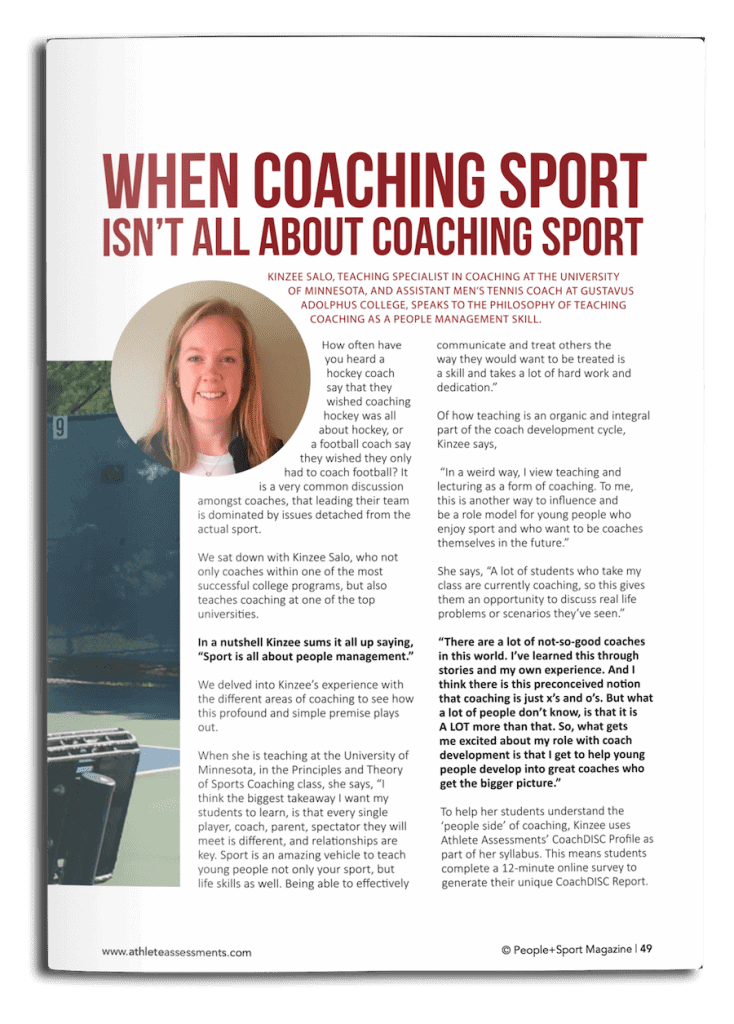
Where to from here?
If like Kinzee, you are engaged in developing coaches as an academic, coach, or consultant, your people rely on you to provide them with the very latest advances and proven techniques which make a positive difference to performance. We encourage you to search our extensive free online database for tools and tips which you can adapt and if we can help you in striving to be your best, reach out and contact us.
At Athlete Assessments we’re here to provide you with excellence in service and to help you be your best.
Recommended Articles
We recently interviewed Kinzee Salo for our article When Coaching Sport isn't All About Coaching Sport and we found that she shared too many valuable insights to include in just one article. So, we're sharing all her answers in an extended Q&A here.
When Madeleine Albright so famously said, “There is a special place in hell for women who don’t help other women” she obviously hadn’t met or been involved with a unique group of women coaches brought together by Basketball Australia. Here, it’s quite the opposite.
If you’re familiar with us at Athlete Assessments, you might know we’re big believers in gender equality and are passionate about equal rights, equal pay, equal opportunity, and equal recognition, not only just for female athletes, but for women in general.
The NCAA Women Coaches Academies have been running for close to two decades and have thousands of inspired alumni who sing the praises of the experience of bringing coaches together to connect, learn and network.
Dr LaTisha Bader, Certified Mental Performance Consultant on using Athlete Assessments’ DISC Profiling to develop self-awareness and team chemistry.
Every time an athlete, coach or team strives to better their performance, they analyze themselves in action, identify areas to improve upon and make plans for change...
Every year thousands of students graduate college, but we’d argue, they don’t all graduate with as many employable skills as student-athletes. The National Center for Education statistics records that in 2018, some 2.9 million students graduated college but, according to the NCAA, only 2% of college students are student-athletes. This makes student-athletes a rare commodity.


